Sanaa, Dec 28, (V7N) – The Israeli military announced early Saturday that it intercepted a missile launched from Yemen, marking another escalation in the volatile regional conflict. This incident came just a day after airstrikes hit Yemen’s Huthi-controlled capital, Sanaa, in an attack the rebels attributed to “US-British aggression.”
Sirens sounded across parts of Jerusalem and the Dead Sea as the Israeli defense system intercepted the missile before it could cross into Israeli territory. While there has been no official confirmation from Israel, the United States, or Britain regarding involvement in the Sanaa airstrikes, the region remains on high alert.
Late Friday, Sanaa residents reported a massive blast that shook homes. The airstrikes targeted Sanaa's international airport and the adjacent Al-Dailami airbase, killing four people and wounding at least 20, according to Huthi officials. The attack damaged airport infrastructure, including the control tower, and disrupted UN humanitarian operations.
The timing was critical, as the head of the World Health Organization, Tedros Adhanom Ghebreyesus, was about to depart from the airport. Though he safely reached Jordan, a UN crew member was injured in the attack.
In response, the Huthis launched missiles and drones targeting Ben Gurion Airport near Tel Aviv, drones over the city, and a ship in the Arabian Sea. While the Israeli military successfully intercepted the missile, tensions remain high as the Iran-backed Huthis vowed to continue their actions in solidarity with Palestinians.
"The equation has changed," said Huthi supporter Mohammed al-Gobisi, emphasizing their commitment to supporting Gaza.
Israel’s Prime Minister Benjamin Netanyahu defended the strikes, stating they aimed to dismantle Iranian-backed terror networks in the region. “We are determined to cut this branch of terrorism from the Iranian axis of evil,” he said, promising continued operations until the objective is achieved.
However, the UN condemned the escalation, warning that attacks on transportation infrastructure jeopardize vital humanitarian aid to Yemen. With 80% of Yemen’s population reliant on aid, UN officials stressed that disabling the Sanaa airport could paralyze relief efforts in what is already considered the world’s largest humanitarian crisis.
The missile interception marks the latest development in a broader regional conflict involving Israel, Iran, and their respective proxies. The Huthis have increased missile and drone strikes on Israel since the war in Gaza escalated in October 2023, with the situation intensifying further after November’s ceasefire between Israel and Hezbollah in Lebanon.
As regional tensions continue to rise, the situation in Yemen remains precarious, with escalating hostilities threatening both humanitarian operations and regional stability.
END/WD/RH




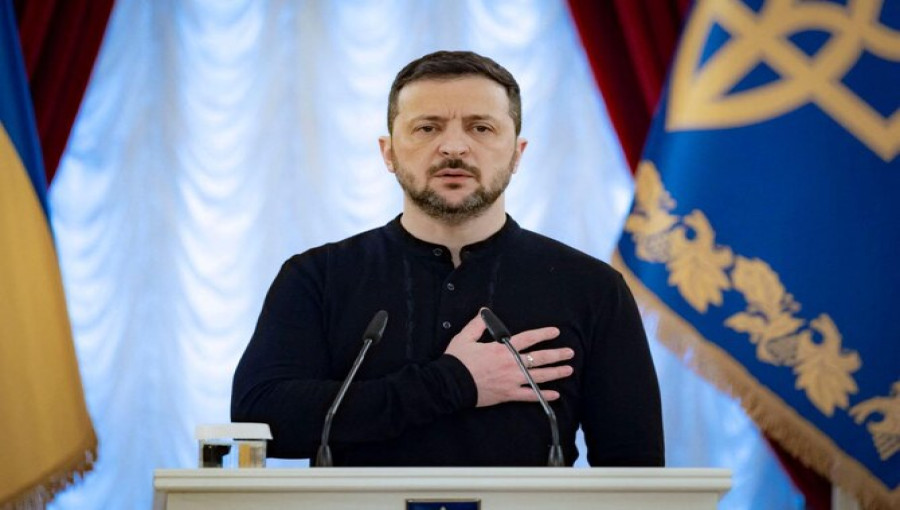
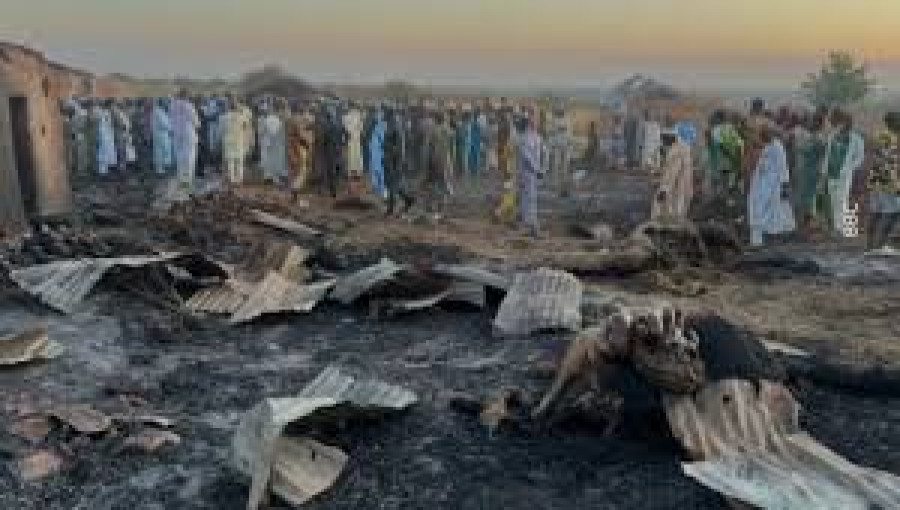

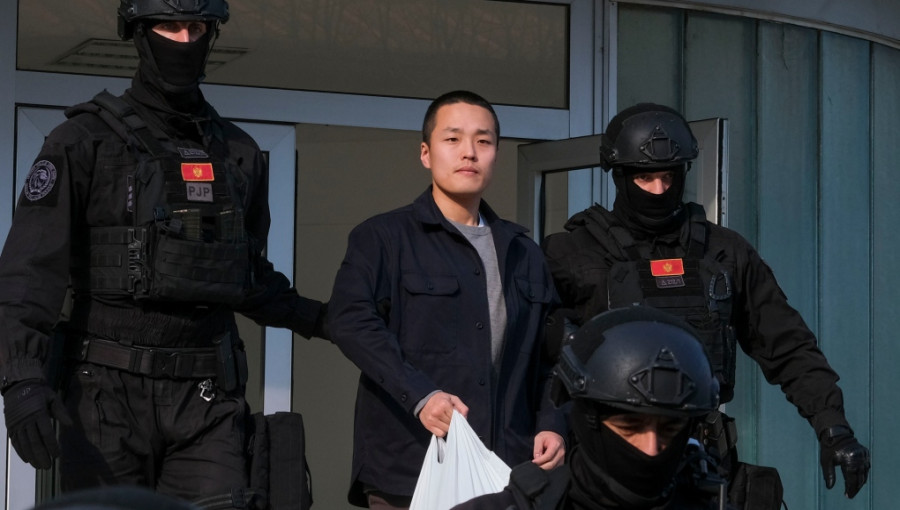
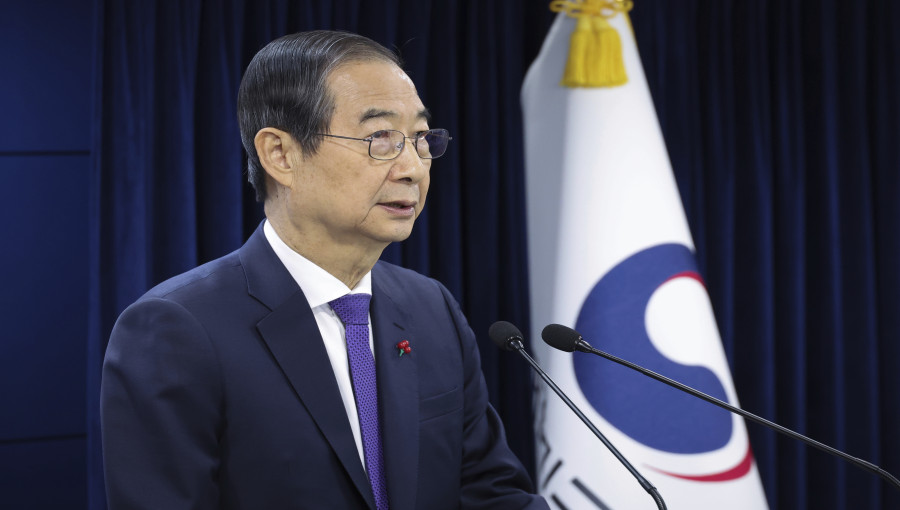

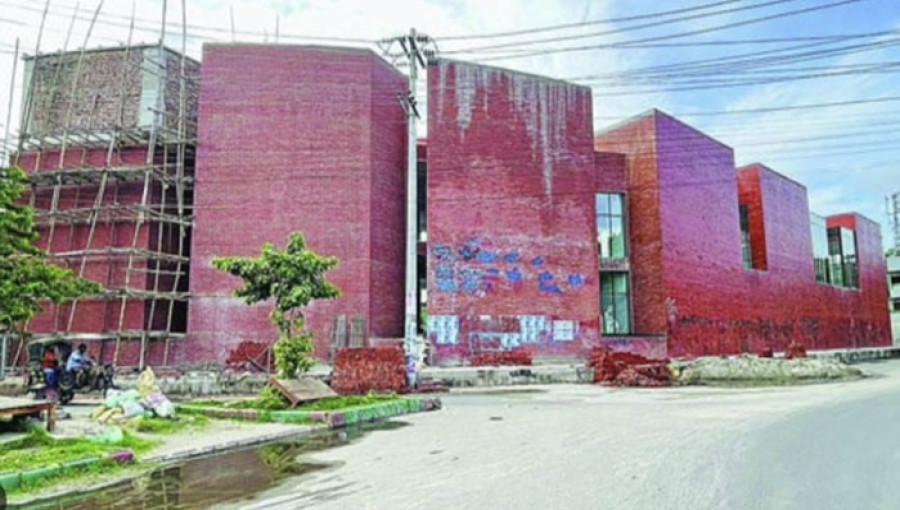




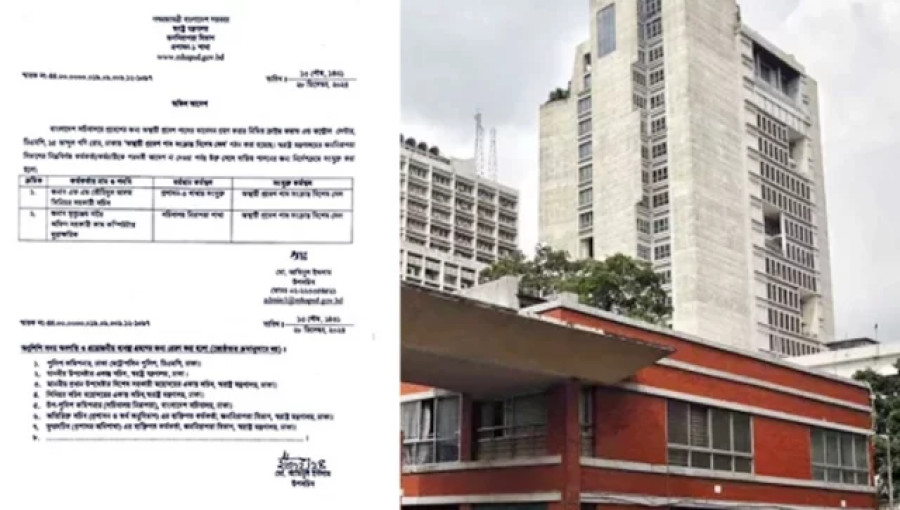

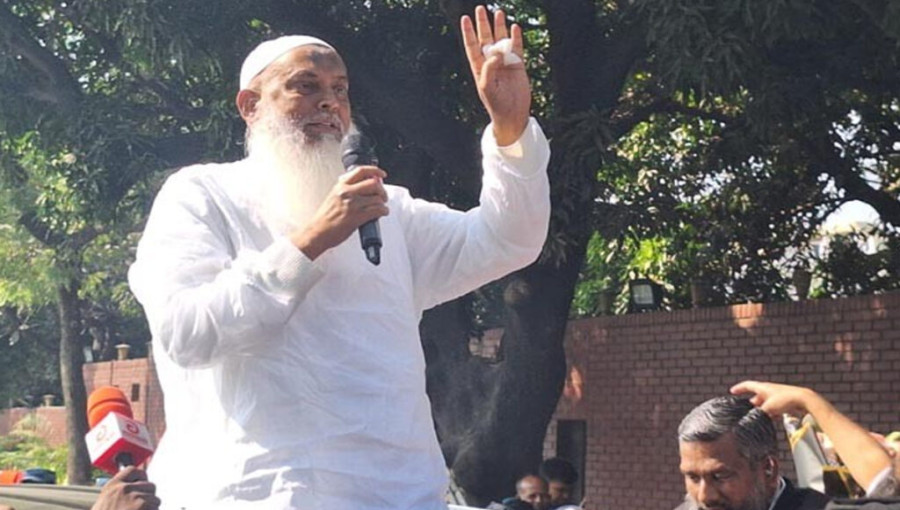
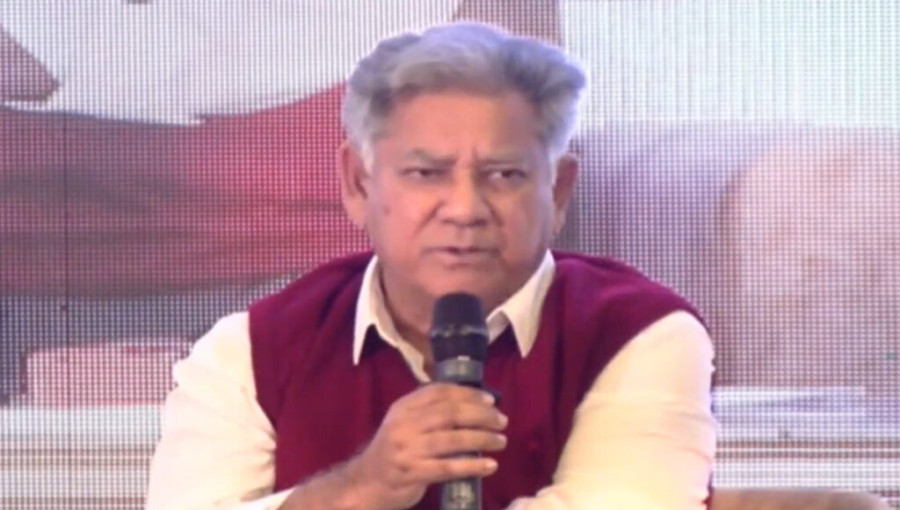
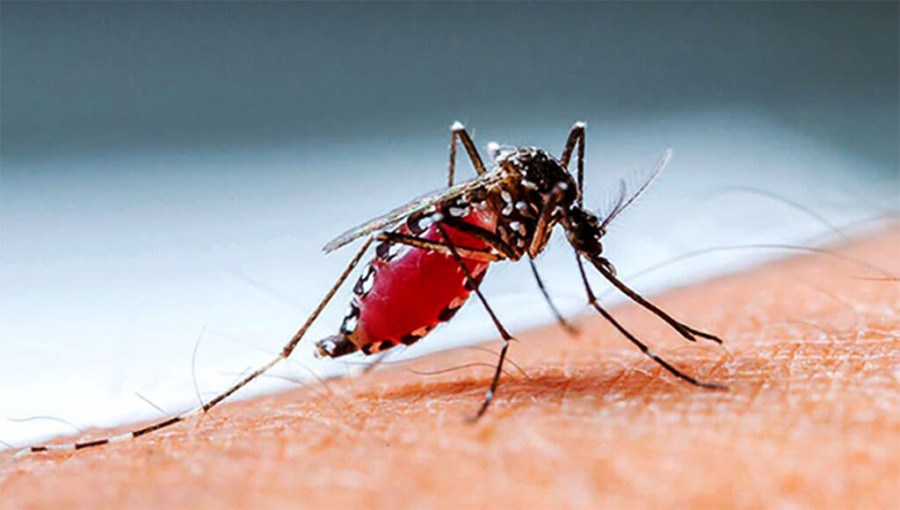


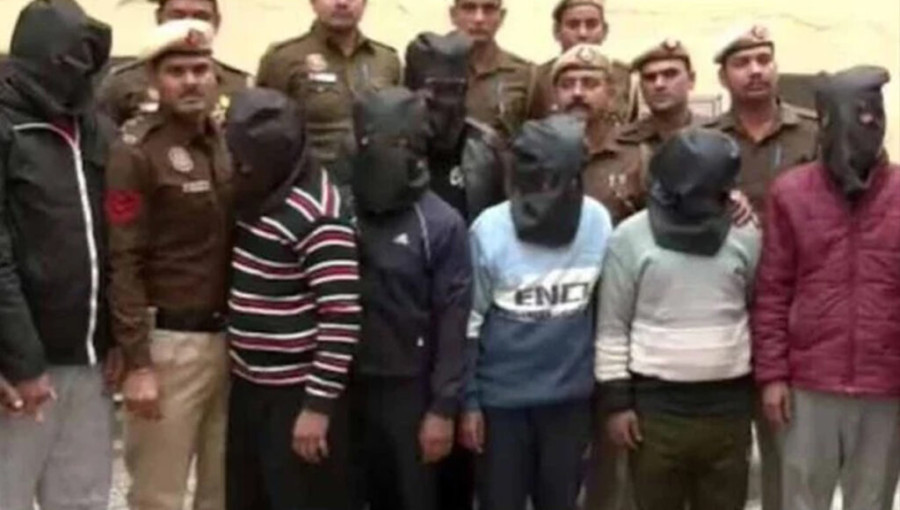
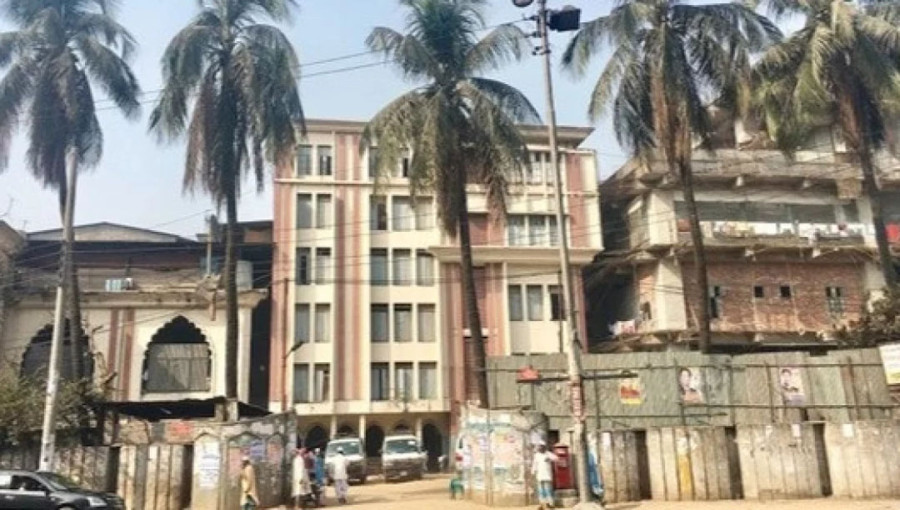






Comment: